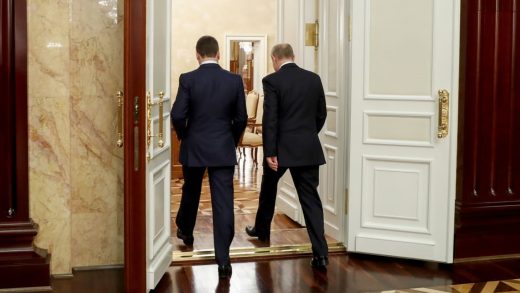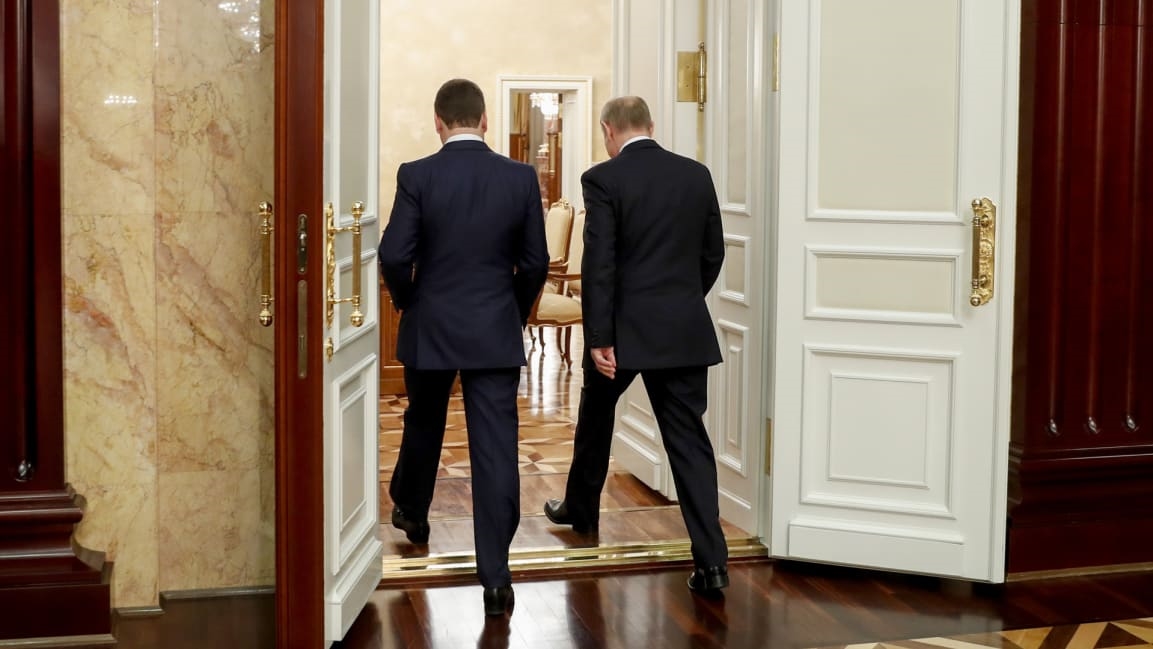4 things to know about Russia’s shakeup
By Michael Grothaus
One of the most startling headlines dominating the news today is that Russia’s government just upped and resigned. That’s not a joke: Russian Prime Minister Dmitry Medvedev and his entire cabinet actually upped and quit their posts, reports the BBC. But why? Here are four things you need to know about Russia’s shakeup:
What’s happening: Russian President Vladimir Putin has proposed constitutional changes that would alter the way Russia’s government currently works. The changes would limit Putin’s presidential successor to two terms in office and greatly reduce the president’s power in office. As a result, the current government resigned.
The changes will be put to a referendum: Putin says he will put his proposed constitutional changes to a public referendum, so the people can have their say. It’s highly unlikely Putin would allow the changes to go to referendum if he didn’t think the referendum would turn out in his favor.
The proposed changes will shift power from the president to the Russian legislative branch: Under the proposed changes, the Russian president’s power would be diminished and power will move to the legislative branch. It sounds weird that Putin would want to limit the power of the office he holds, right?
It’s all about Putin: under Russia’s current power structure, the president, not the prime minister, holds the reins in Russia’s government. The problem for Putin is that Putin’s fourth term in office is going to end in 2024, and after that current Russian law doesn’t allow him to hold the office of the president again. Under the new changes, the legislature, and whoever holds the power there, could appoint new candidates for the prime minister and the cabinet. Such a move would allow Putin to take up the newly beefed-up prime minister’s role and continue to pull the strings of power, despite not being president anymore.
End game: Putin wants to hang onto power in Russia one way or the other. To him, the title of President or Prime Minister is inconsequential as long as power can be shifted to the office he holds.
(24)



